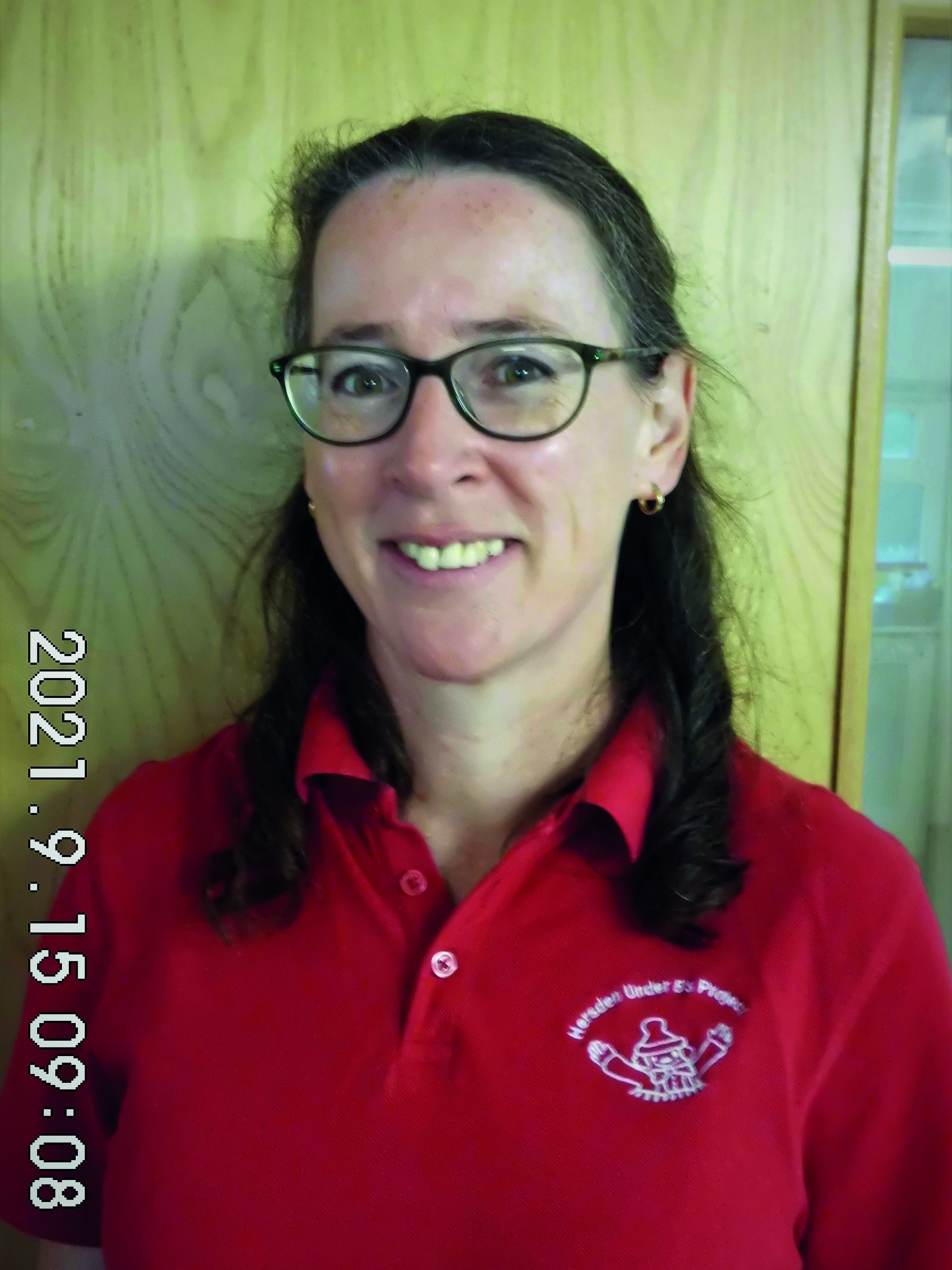
Q.We are wondering how best to observe job candidates interacting with children. Should we ask interviewees to prepare an activity or read a book with a small group of children?
 Isabel Harvey, project manager and teacher, Hersden Under 5’s Project
Isabel Harvey, project manager and teacher, Hersden Under 5’s Project
‘In the past we’ve tried different approaches, such as asking candidates to plan an activity or set up resources. We’ve also tried observing candidates during child-initiated activities. But now we always ask candidates to read a story,
‘We’ve learned over time that a story gives candidates more chance to succeed. An activity with children you don’t know is really tricky to plan. People tend to go for arts and crafts. But they don’t know what capabilities or skills the children have. We’ve seen some candidates come in having done lots of preparation – they’ve cut things out and have many resources. But it’s hard to adjust an activity as you go along if it’s not meeting abilities.
Register now to continue reading
Thank you for visiting Nursery World and making use of our archive of more than 35,000 expert features, subject guides, case studies and policy updates. Why not register today and enjoy the following great benefits:
What's included
-
Free access to 4 subscriber-only articles per month
-
Unlimited access to news and opinion
-
Email newsletter providing activity ideas, best practice and breaking news
Already have an account? Sign in here









